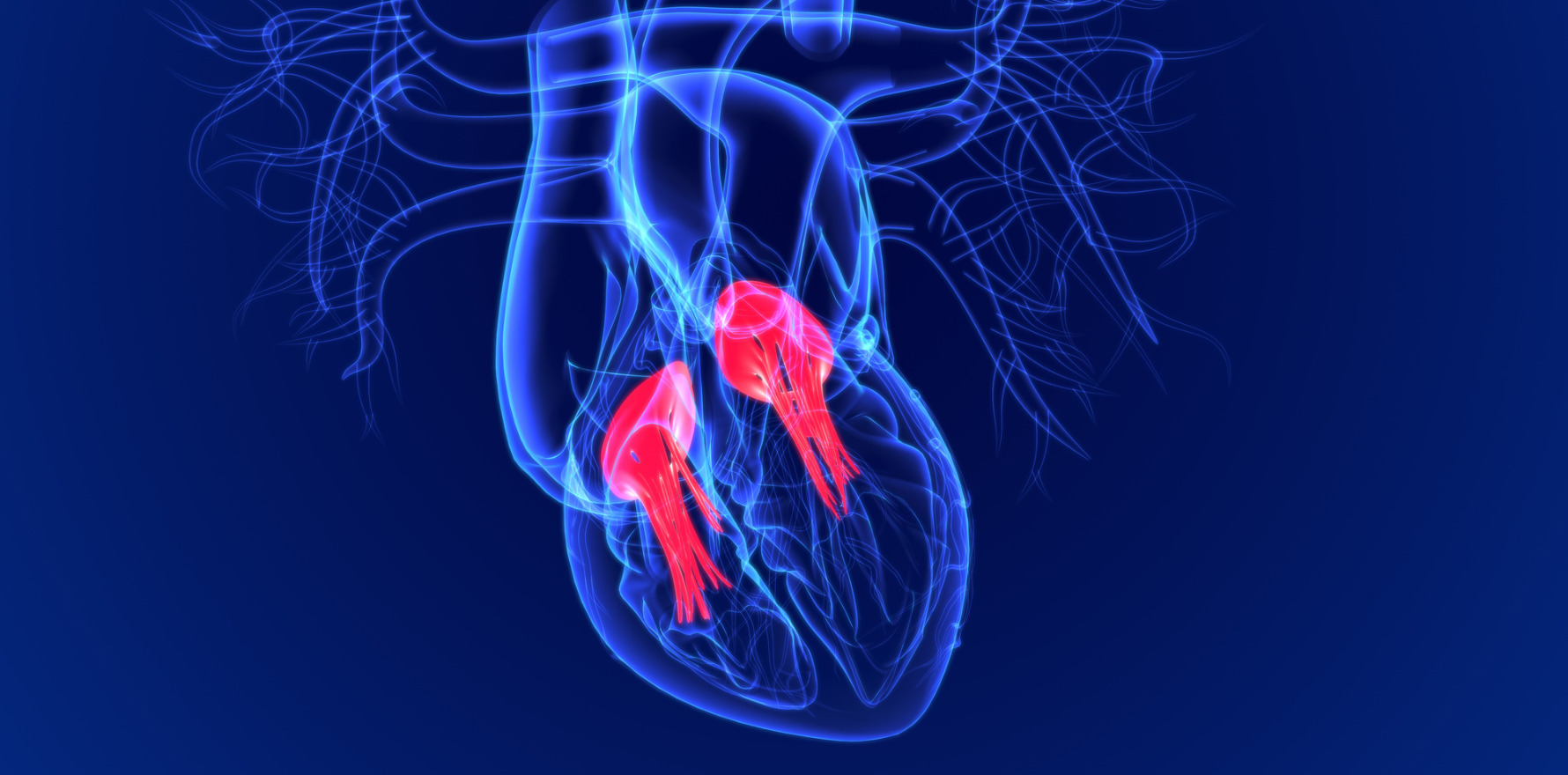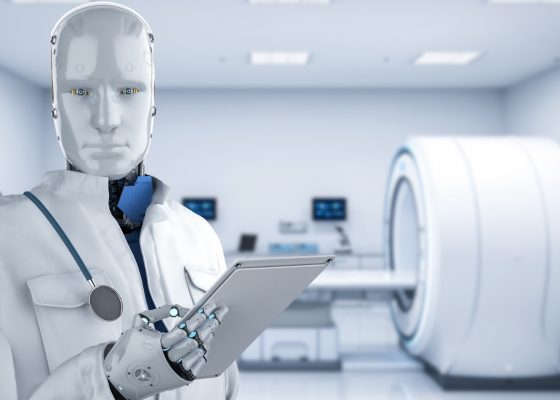Early, consistent detection of heart valve disease could prevent major complications and expenses down the line.
An AI-driven stethoscope that can detect early signs of heart valve disease could be used clinically by the end of the decade, according to research funded through the Royal Australasian College of Physicians Foundation.
Often undiagnosed until major complications occur, the digital stethoscope could allow HVD to be assessed and treated earlier than ever before.
“The journey for diagnosing HVD starts with the stethoscope,” said lead researcher, cardiologist and RACP Fellowship award recipient Dr Abdul Ihdayhid, from the Harry Perkins Institute of Medical Research at Curtin University.
“However, we know at present the results using a stethoscope can vary. We are trying to take away the variability and make the process easier to diagnose HVD via the use of artificial intelligence.
“We plan to develop a digital stethoscope that uses AI technology to easily detect heart abnormalities in patients. This technology could be used in someone’s home. A person can take their digital stethoscope and listen to their own heart and the AI algorithm will be able to tell them almost immediately if there is an abnormality.
“Or perhaps someone’s heart can be assessed during a routine trip to the pharmacist. If the stethoscope detects a murmur, it can immediately alert the patient and their GP about the need for the patient to go to a specialist for a thorough check-up.”
The technology aims to help detect the disease in its nascent stages, with the hope, Ihdayhid said, to provide desirable outcomes for patients and assist with easing the existing strain on the healthcare system.
“HVD disease is underdiagnosed and undertreated. Patients often only recognise something is wrong when they present to an ER with heart failure, or they’ve had a heart attack or are just generally very, very unwell. We know that for a patient’s long-term prognosis, it is critical that HVD is detected early.”
Do you have a story tip for us, or a topic you would like to see us cover? Contact the editor at editor@healthservicesdaily.com.au.




